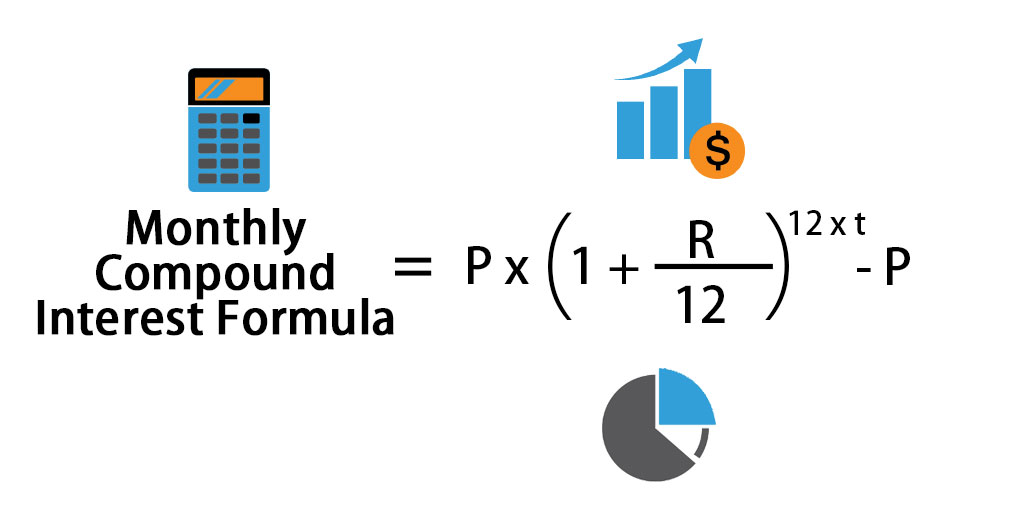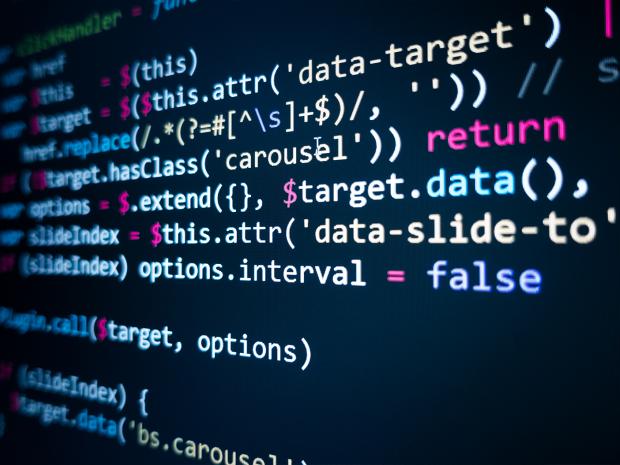Why Do We Need Algebra?
Algebra is a core subject in school curriculums around the world, introduced to students from a young age. Despite its reputation for being challenging, algebra is crucial not only for academic success but also for understanding and navigating various aspects of life.
Algebra in Early Education
From primary school, students encounter algebraic thinking through simple puzzles and problems that require finding missing values, through questions such as:
- x + 5 = 12
- 4y = 20
- z - 7 = 3
These early problems introduce the concept of using symbols to represent unknowns and laying the groundwork for solving equations. As students progress, they tackle more complex problems involving linear equations, quadratic expressions, and inequalities. This gradual introduction helps them build a strong mathematical foundation.
Building Problem-Solving Skills
Learning algebra is more than just dealing with abstract numbers and letters; it teaches logical thinking and analytical skills. The process of solving algebraic equations involves breaking down problems into manageable parts, identifying patterns, and applying systematic methods to find solutions. These are valuable skills that can be applied in many real-world situations beyond the classroom.
Real-Life Applications of Algebra
1. Financial Planning and Budgeting:
Algebra plays a significant role in financial decision-making. Whether calculating interest rates, budgeting for expenses, or planning savings, algebra helps make sense of complex calculations. For instance, understanding the compound interest formula helps individuals plan their investments and understand how their money grows over time.
2. Engineering and Architecture:
Engineers and architects use algebra to ensure their designs are safe and functional. They calculate dimensions, load capacities, and structural integrity using algebraic equations. Without these calculations, we wouldn’t have the safe buildings and infrastructure that we rely on daily.
3. Medicine and Pharmacology:
In the medical field, algebra is essential for calculating correct dosages of medication. Pharmacists use algebraic formulas to determine the appropriate amount of a drug based on a patient’s weight and age. This ensures effective and safe treatment.
4. Computer Science and Technology:
In the digital world, algebra is at the heart of programming and technology. Variables and functions in coding are applications of algebraic concepts. For example, game developers use algebra to create algorithms that determine the movement of characters or the interaction of objects in a game.
5. Everyday Problem-Solving:
Even in day-to-day life, algebra can be helpful. Whether you're trying to split a bill, calculate the best buy at a supermarket, or adjust a recipe for a different number of servings, algebra helps you work out the solution efficiently.
Algebra in the Modern World
As technology continues to advance, the need for algebra becomes more apparent. Understanding algebra is a stepping stone to learning more complex mathematical concepts that are crucial in fields like data science, engineering, and economics. A solid grasp of algebra opens doors to numerous career paths and helps individuals adapt to a world increasingly driven by data and technology.
Making Algebra More Relatable
To make algebra more engaging, educators can incorporate real-world scenarios into lessons. For example, using budget planning exercises, coding projects, or even designing simple structures can help students see the practical value of algebra in everyday life. By connecting algebraic concepts to their interests, students are more likely to see the relevance and application of what they are learning.
Algebra is much more than a school subject; it's a powerful tool for solving real-world problems. By appreciating its practical applications, we can better understand why algebra is a vital part of education and everyday life.




